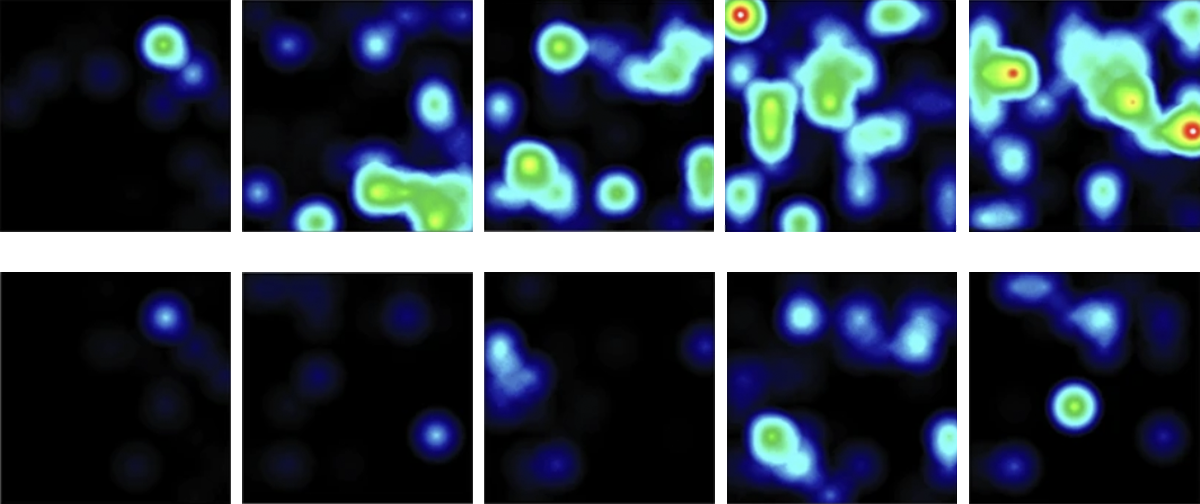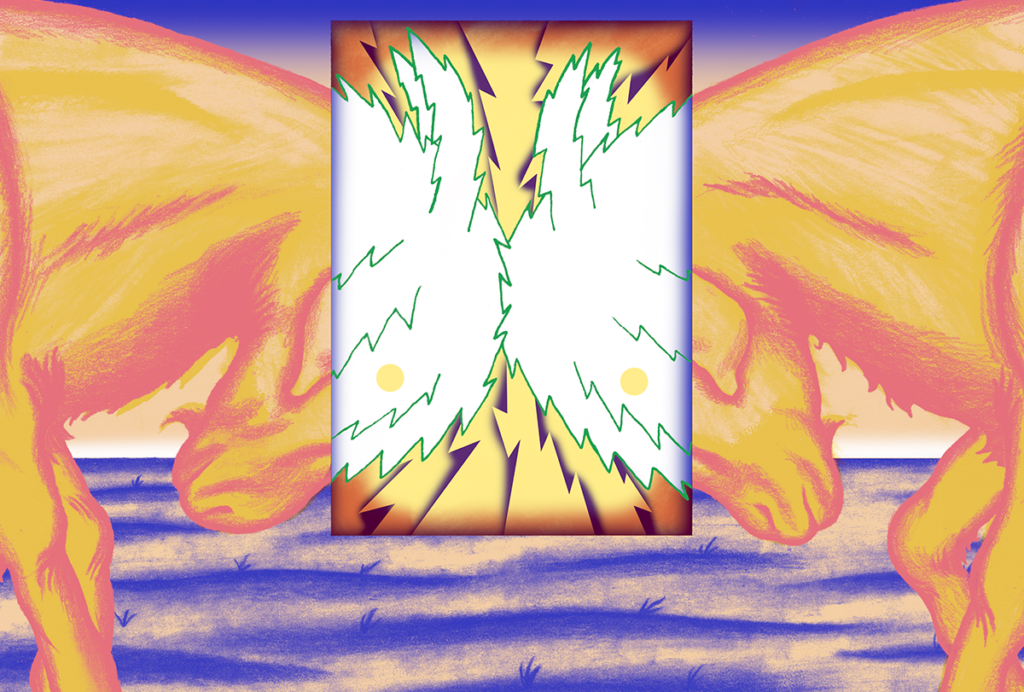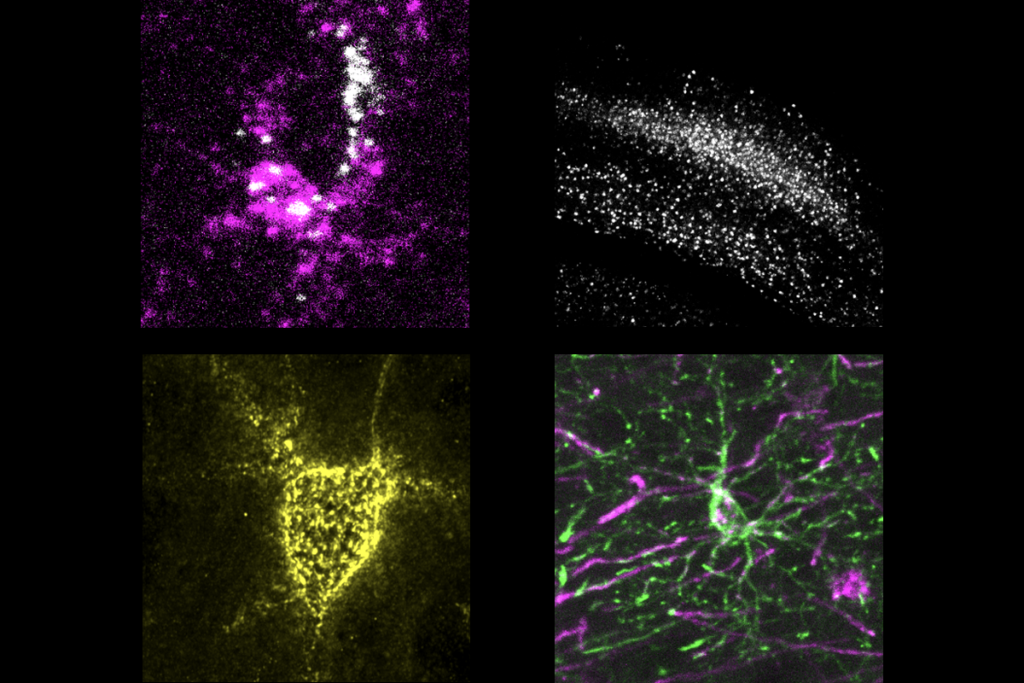- Aggression, often seen in people with autism and developmental conditions, appears to peak in school-age children and is more likely to occur in those with more autism traits and lower verbal and nonverbal IQ scores, according to a longitudinal study. Journal of Autism and Developmental Disorders
- A new method of imaging cytoarchitecture shows altered neuron density—both cell bodies and projections—in people with autism, and this difference varies by brain region. Autism Research
- Cerebral organoids derived from stem cells from people with MEF2C-haploinsufficiency syndrome, which is associated with autism and intellectual disability, display an imbalance between excitatory and inhibitory network activity, which can be ameliorated with an NMDA receptor antagonist. Molecular Psychiatry
Aggression; Angelman syndrome; NLGN3
Here is a roundup of autism-related news and research spotted around the web for the week of 7 October.
By
Jill Adams
8 October 2024 | 2 min read

Finding balance: Excess neuronal firing in cultured cells from people with MEF2C-haploinsufficiency syndrome (top panels) is attenuated by an NMDA antagonist (bottom panels).
- Reinstating a functional copy of the gene UBE3A reverses behavioral and proteome changes in a mouse model of Angelman syndrome, even when the initial gene deletion encompasses adjacent genes, according to a preprint. Spectrum has previously covered how nearby genes contribute to Angelman syndrome traits. bioRxiv
- A large study of autistic people of Asian ancestry adds diversity and complexity to current data on sex differences in gene-phenotype relationships. Genome Medicine
- Clinicians tend to assess autism traits in girls as less severe, and those in boys as more severe, than the children’s caregivers do. Autism
- Mice missing the autism-linked gene NLGN3 in the medial septum show altered sociability and sleep patterns, suggesting a shared biological substrate for these two autism-like behaviors. The Journal of Clinical Investigation
tags:
Recommended reading
Explore more from The Transmitter

Neuro’s ark: How goats can model neurodegeneration
By
Calli McMurray
7 January 2026 | 6 min read

Astrocytes stabilize circuits in adult mouse brain
By
Holly Barker
6 January 2026 | 5 min read
Cite this article:


